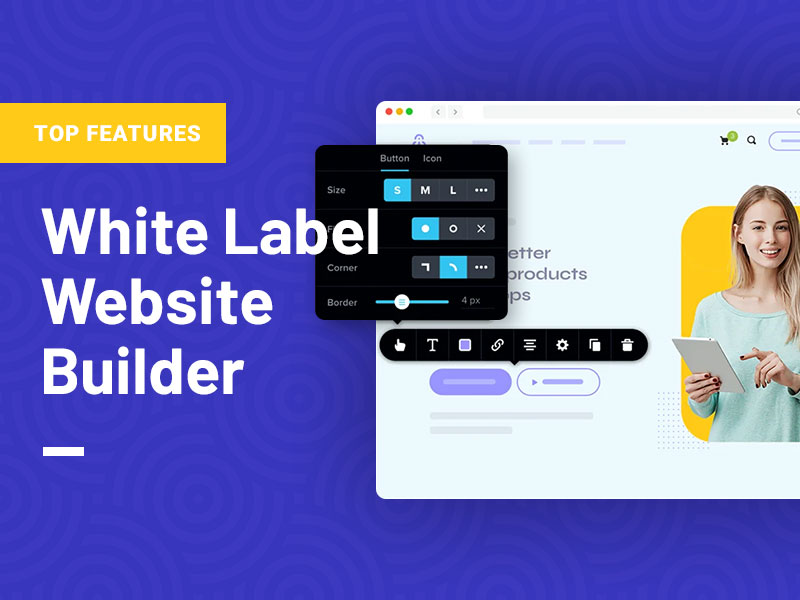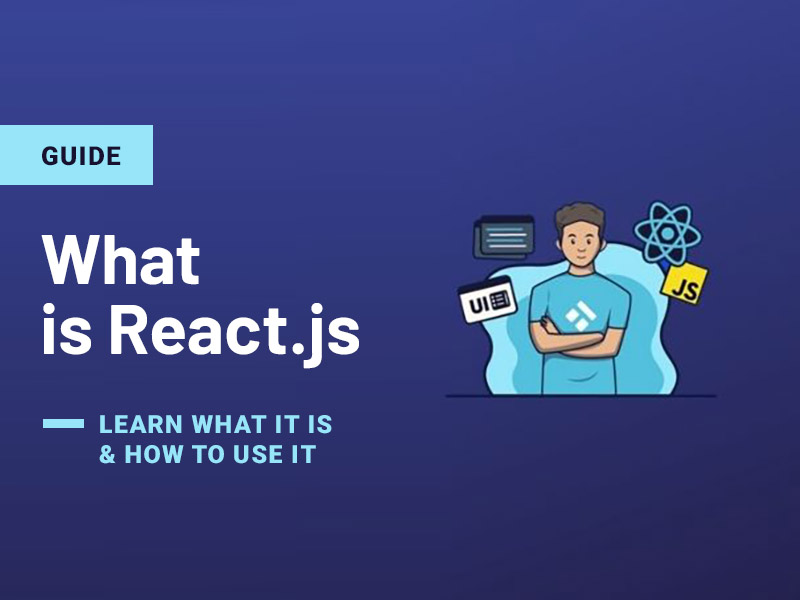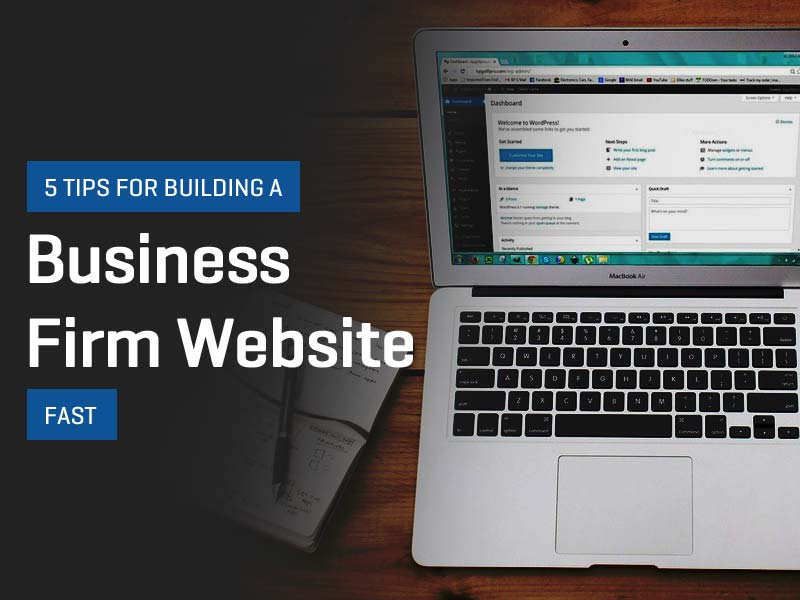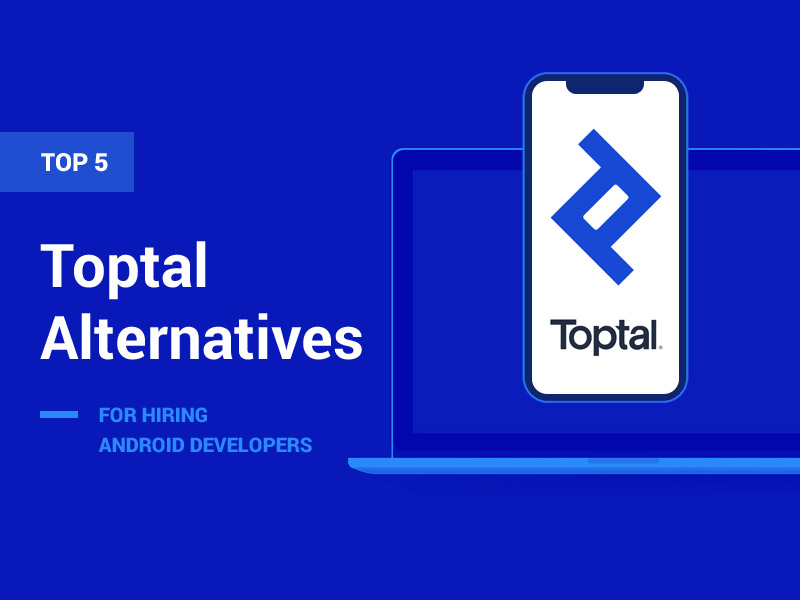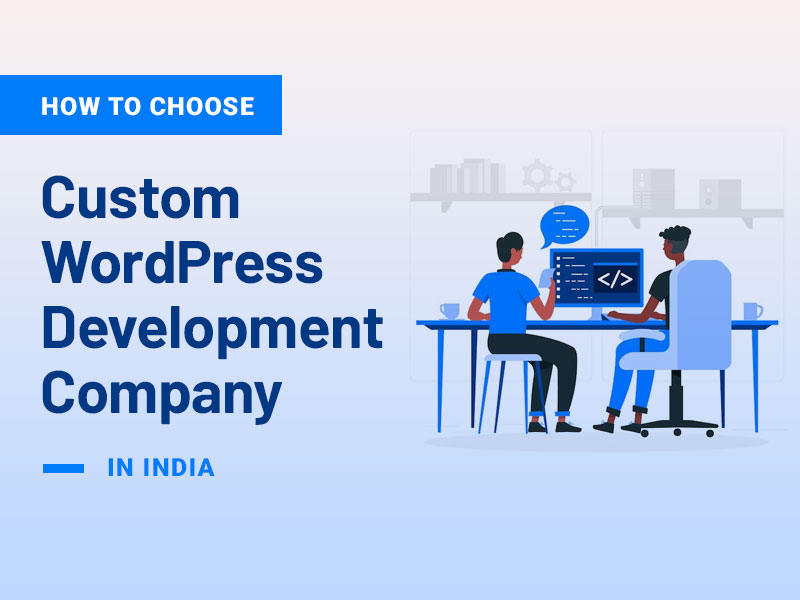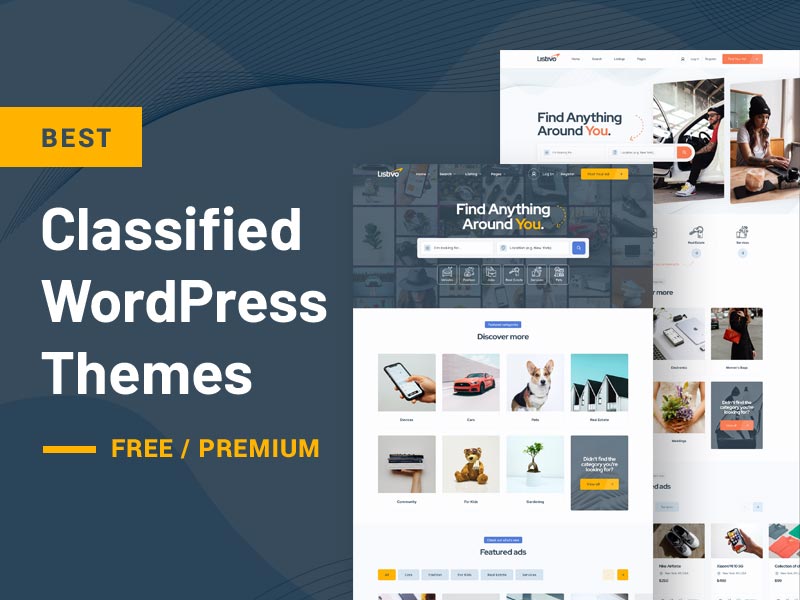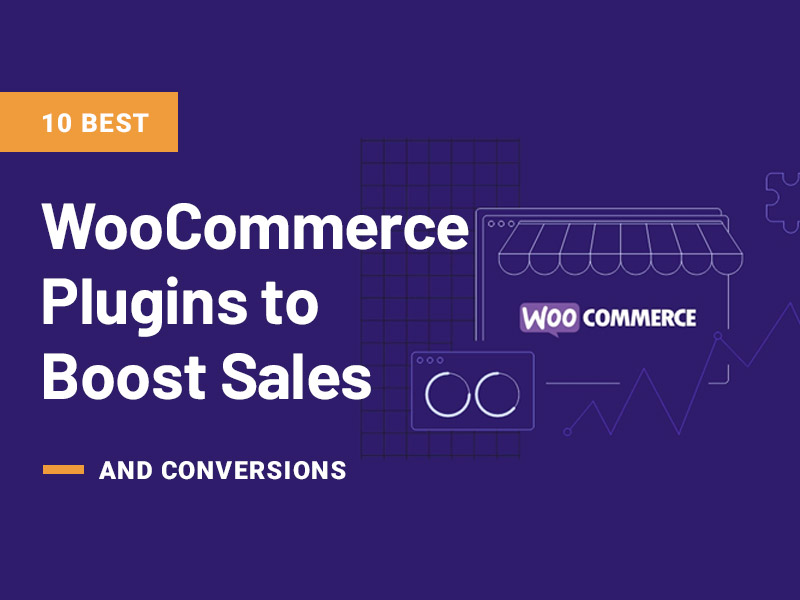White label website builders are online platforms that allow businesses to create and customize websites without any coding or technical knowledge. These builders are particularly useful for businesses that want to offer website creation services to their clients without investing in the development of their own website builder from scratch.
According to a report by MarketsandMarkets, the global white label website builder market size is expected to grow from $132.4 million in 2023 to $311.2 million by 2028, at a CAGR of 18.6%.
Choosing the right white label website builder is crucial for businesses that want to provide their clients with high-quality websites. A website builder with the right features can help businesses create professional-looking websites that are easy to use and optimized for search engines.
According to a survey by Blue Corona, 48% of people cited website design as the number one factor in determining the credibility of a business. This highlights the importance of having control over the design and layout of a website. Look for a website builder that offers pre-designed templates and themes as well as the ability to customize colors, fonts, and images.
Learn below the top features to look for in a white label website builder.
Features to Consider While Choosing a White Label Website Builder
1. Customization Options
One of the most important features to consider when choosing a white label website builder is the level of customization it offers. The ability to control the design and layout of a website is crucial for businesses that want to create a unique online presence for their clients.
According to a survey by Clutch, 94% of consumers stated that they mistrust a website with a poor design.
Look for a website builder that offers a wide range of pre-designed templates and themes, as well as the ability to customize colors, fonts, and images. This will allow businesses to create websites that are visually appealing and consistent with their clients’ branding.
2. Ease of Use
Another key feature to look for in a white label website builder is ease of use. A user-friendly interface and drag-and-drop functionality can make the website creation process much faster and more efficient.
A study by HubSpot found that 76% of people say the most important factor in a website’s design is that it makes it easy for them to find what they want. Look for a website builder with a user-friendly interface and drag-and-drop functionality. Integration with third-party tools and software can also make it easier to create a website quickly and efficiently.
By integrating with these tools, businesses can streamline their workflows and provide their clients with a more comprehensive online presence.
3. Responsive Design
In today’s mobile-first world, it’s essential for websites to be optimized for all devices, including desktops, tablets, and smartphones. Look for a website builder that offers responsive design templates that automatically adjust to different screen sizes.
It’s also helpful to be able to preview the website on different devices before publishing it. This can ensure that the website looks and functions properly on all devices, providing a better user experience for visitors.
4. SEO Capabilities
Search engine optimization (SEO) is critical for businesses that want to increase their online visibility and drive traffic to their website. Look for a website builder that offers SEO tools and features, such as the ability to customize metadata, URL structure, and other SEO-related settings.
Additionally, some website builders may offer built-in SEO optimization features, such as automatic sitemap generation and schema markup. These features can help businesses improve their website’s search engine ranking and attract more organic traffic.
5. E-commerce Functionality
For businesses that want to create online stores for their clients, e-commerce functionality is a crucial feature to look for in a white label website builder. Look for a website builder that offers features such as payment processing, inventory management, and order tracking.
Additionally, some website builders may integrate with popular e-commerce platforms like Shopify and WooCommerce. This can allow businesses to leverage the power of these platforms while still maintaining control over the design and layout of the website.
6. Customer support
Reliable and timely customer support is essential for businesses that want to provide their clients with a high level of service. Look for a website builder that offers support resources such as documentation, tutorials, and a knowledge base.
It’s also important to look for a website builder that offers multiple ways to contact customer support, such as email, phone, and chat. This can ensure that businesses can get help when they need it, minimizing downtime and ensuring a positive user experience for their clients.
7. Pricing and Affordability
Finally, pricing and affordability are important factors to consider when choosing a white label website builder. Look for a website builder that offers different pricing tiers and plans, allowing businesses to select the plan that best fits their needs and budget.
It’s also important to compare pricing and features among different website builders to ensure that businesses are getting the best value for their money. Some website builders may offer more features for a higher price, while others may have a lower price point with fewer features. Consider the needs of the business and its clients when choosing a website builder plan.
Conclusion
Choosing the right white label website builder is crucial for businesses that want to offer website creation services to their clients.
By choosing a website builder with the right features, businesses can create professional-looking websites that are easy to use and optimized for search engines. This can help them provide their clients with a high level of service and grow their business in the online space.
